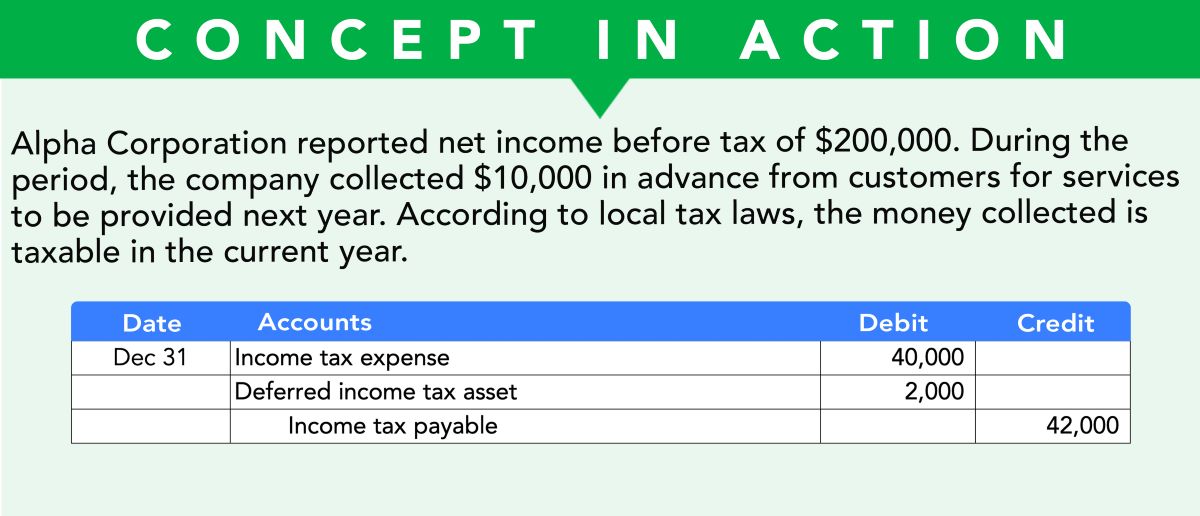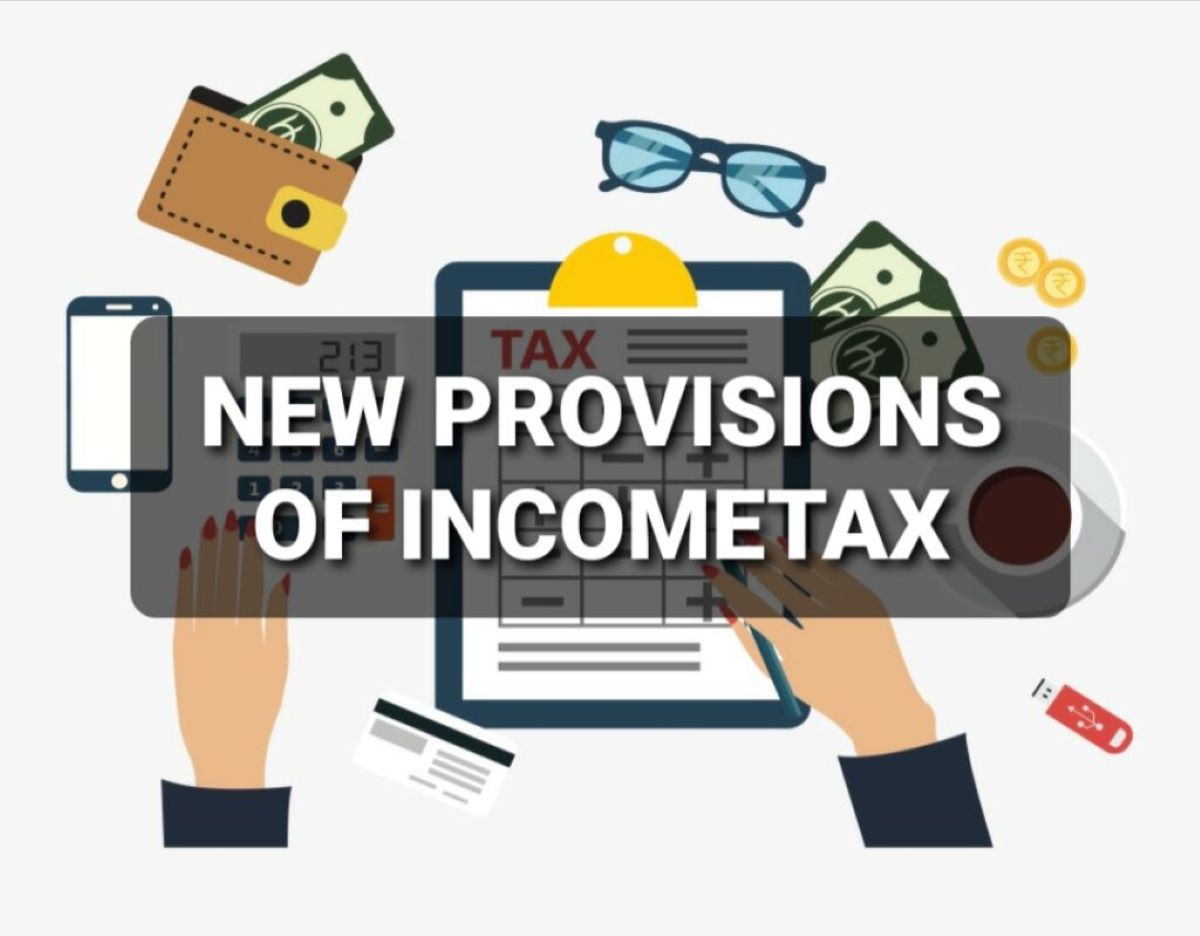

Finance
Income Definition: Types, Examples, And Taxes
Published: December 7, 2023
Learn the definition and types of income in finance, along with examples and how taxes are applied.
(Many of the links in this article redirect to a specific reviewed product. Your purchase of these products through affiliate links helps to generate commission for LiveWell, at no extra cost. Learn more)
Understanding Income: Types, Examples, and Taxes
Welcome to our finance blog where we dive into the fascinating world of money matters. In this article, we will explore the concept of income: what it means, the different types of income, and how it is taxed. Whether you are starting your career, planning for retirement, or simply want to expand your financial knowledge, understanding income is essential. So, let’s get started!
Key Takeaways:
- Income is the money or cash flow that an individual or entity receives regularly or periodically.
- There are various types of income, including earned income, passive income, investment income, and portfolio income.
Defining Income
Income can be defined as the money or cash flow that individuals or entities receive regularly or periodically. It is a critical component of personal financial stability and is the primary source for meeting various financial needs. Understanding the different types of income and how they are taxed can help individuals make informed financial decisions and plan for a secure future.
Types of Income
1. Earned Income
Earned income refers to the money individuals receive in exchange for their labor or services. This can include salaries, wages, tips, and bonuses. Whether you work for an employer or are self-employed, your earned income is subject to income tax. In some cases, it may also be subject to payroll taxes that fund social security and Medicare.
2. Passive Income
Passive income is the money received from activities in which individuals are not actively involved. This can include rental income, royalties, or income from businesses or investments in which you are not directly involved. Passive income is generally taxable and may be subject to additional rules and regulations depending on the source.
3. Investment Income
Investment income, as the name suggests, refers to the money individuals earn from their investments. This can include dividends from stocks, interest from bonds, or capital gains from the sale of assets such as real estate or stocks. Investment income is subject to specific tax rules and rates, which may vary depending on factors such as the holding period and type of investment.
4. Portfolio Income
Portfolio income is akin to investment income but specifically refers to income generated from the buying and selling of financial assets, such as stocks, bonds, mutual funds, and other securities. It can also include income from derivative contracts or options. Portfolio income is typically subject to capital gains tax, which is calculated based on the profit made from the sale of these assets.
Taxes on Income
When it comes to income, taxes are a fundamental aspect that affects individuals and entities. The tax obligations associated with different types of income vary. Here’s a brief overview of how income is taxed:
- Income Tax: The primary form of taxation on most types of income is income tax. The tax rates and brackets depend on the applicable tax laws in your jurisdiction.
- Payroll Taxes: Payroll taxes, including social security and Medicare taxes, are applicable to earned income. These taxes are usually withheld by your employer.
- Capital Gains Tax: Income from the sale of certain assets, such as real estate or stocks, is subject to capital gains tax. The tax rate can vary based on factors like the holding period and the type of asset.
In Conclusion
Understanding income and its various types is crucial for navigating the complex world of personal finance. By knowing the different sources of income and how they are taxed, individuals can make informed decisions to maximize their financial well-being. Remember, seeking professional advice and staying updated on tax regulations can help you make the most of your income and achieve long-term financial goals.














